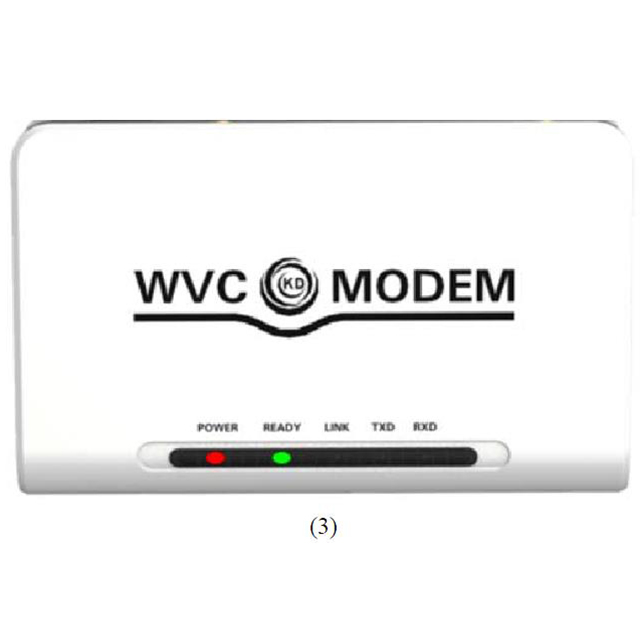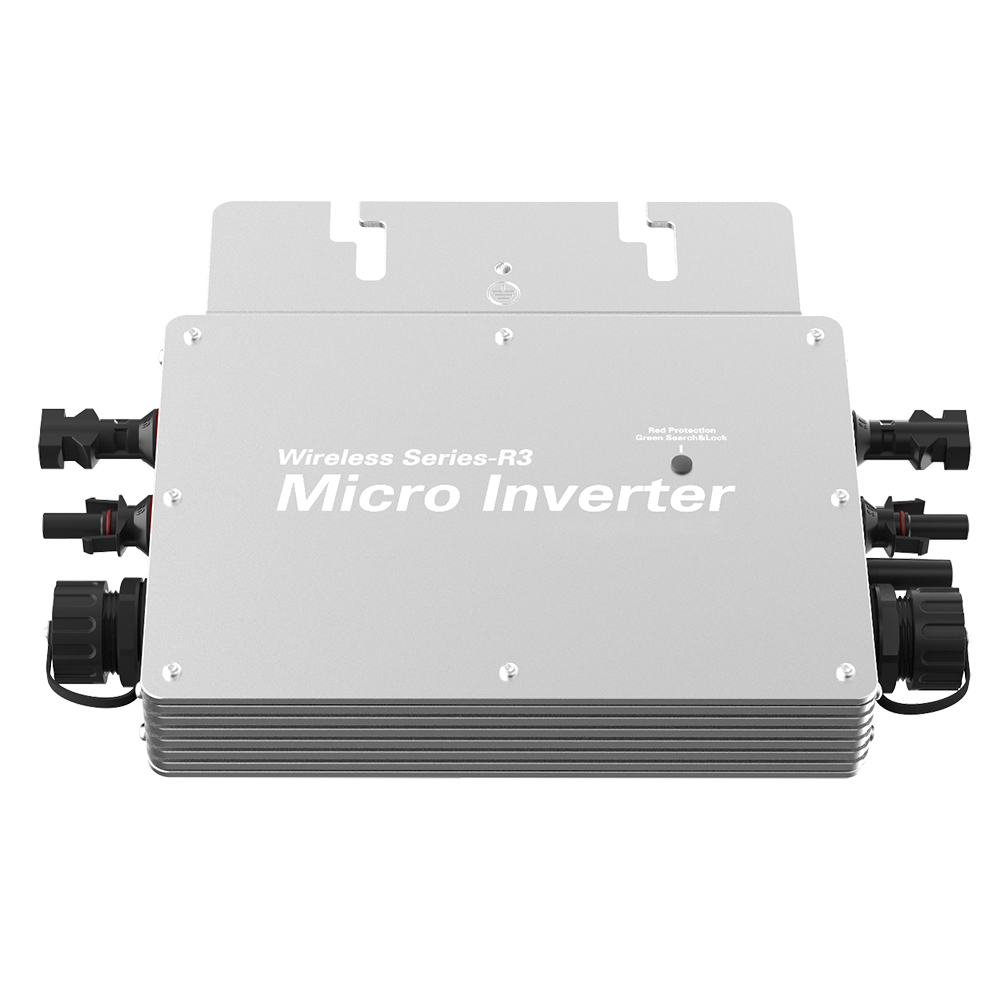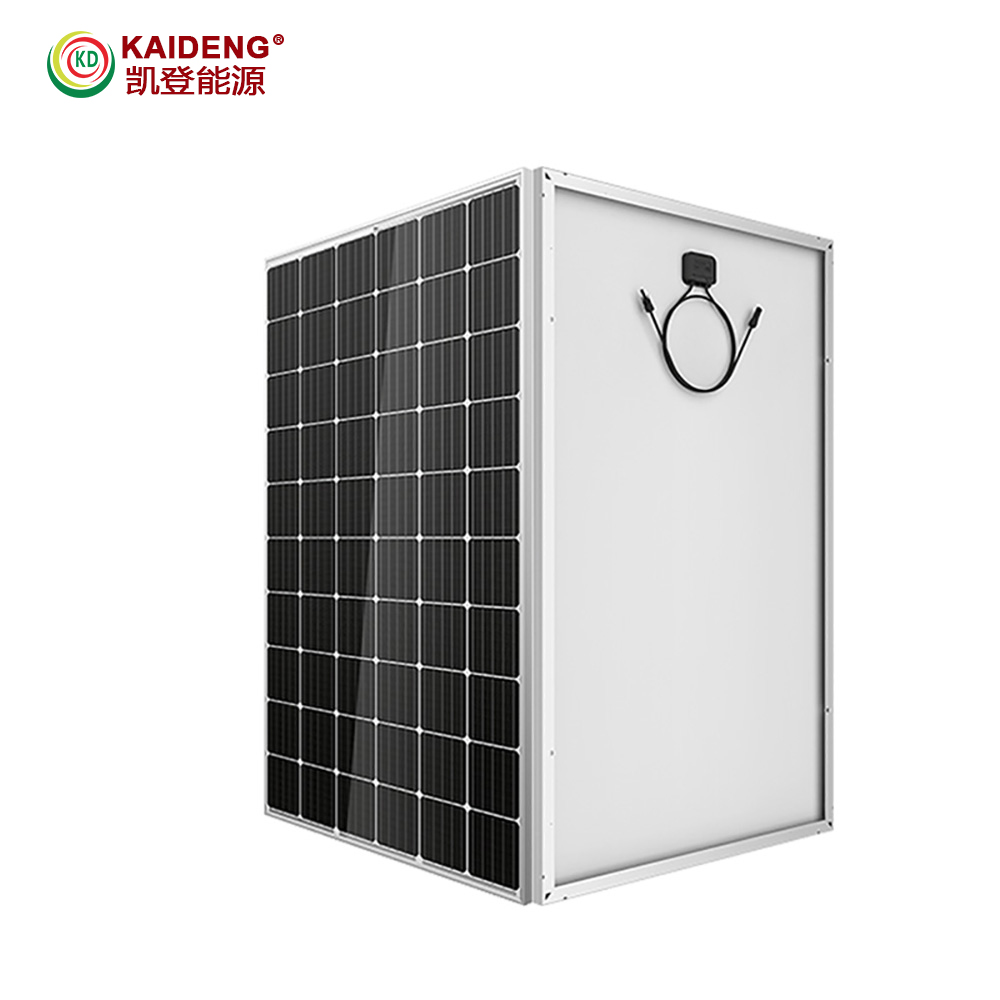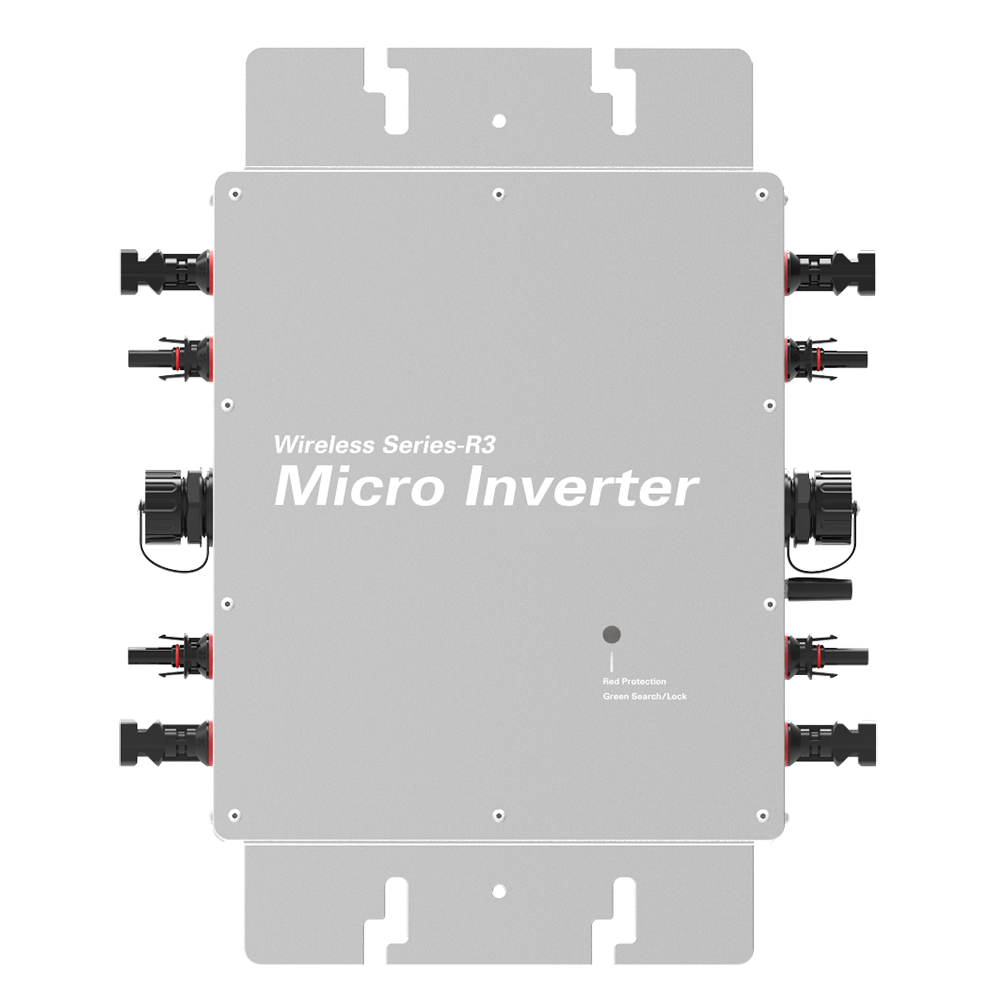Data Collector Monitoring is an essential aspect of data collection processes. Monitoring involves the observation and assessment of data collectors' activities to ensure that data is collected accurately, efficiently, and consistently. This ensures data quality and integrity, which is crucial for making informed decisions and policy recommendations based on the collected data.
There are various methods and tools used for data collector monitoring, depending on the nature of the data collection project. Some common monitoring approaches include field visits, reviewing completed data forms, conducting interviews with data collectors, and analyzing data trends and patterns. These methods help identify any issues or challenges faced by data collectors and provide insights into areas that may require additional training or support.
Regular and systematic monitoring of data collectors is important to detect and address any errors, inconsistencies, or biases in the data collection process. This helps minimize the risk of data inaccuracies and ensures that the data collected is reliable and valid. Monitoring also allows for real-time feedback and correction, which can improve data quality and enhance the overall success of the data collection project.
In addition to monitoring data collectors' activities, it is also important to establish clear guidelines and protocols for data collection. This includes defining data collection procedures, responsibilities, and timelines, as well as providing training and support to data collectors. Clear communication and feedback mechanisms are essential for ensuring that data collectors understand their roles and responsibilities and can effectively carry out their tasks.
Furthermore, data collector monitoring helps to build trust and credibility in the data collection process. Stakeholders, such as funding agencies, policymakers, and the public, rely on accurate and reliable data to make informed decisions and evaluate the impact of interventions. By ensuring data quality through monitoring, data collectors can demonstrate the credibility and validity of the data collected, enhancing the credibility of the data collection project as a whole.
Overall, data collector monitoring plays a critical role in ensuring the success and effectiveness of data collection projects. By monitoring data collectors' activities, identifying and addressing issues in real-time, and maintaining data quality and integrity, organizations can improve the reliability and validity of the data collected, leading to more informed decision-making and improved outcomes. Monitoring should be an ongoing process throughout the data collection project to ensure that data collectors are following established protocols and producing high-quality data.


 EN
EN DE
DE FR
FR PT
PT ES
ES AR
AR IT
IT PL
PL TR
TR NL
NL JP
JP EL
EL HU
HU PO
PO HL
HL RU
RU TL
TL SH
SH SV
SV ID
ID CN
CN

